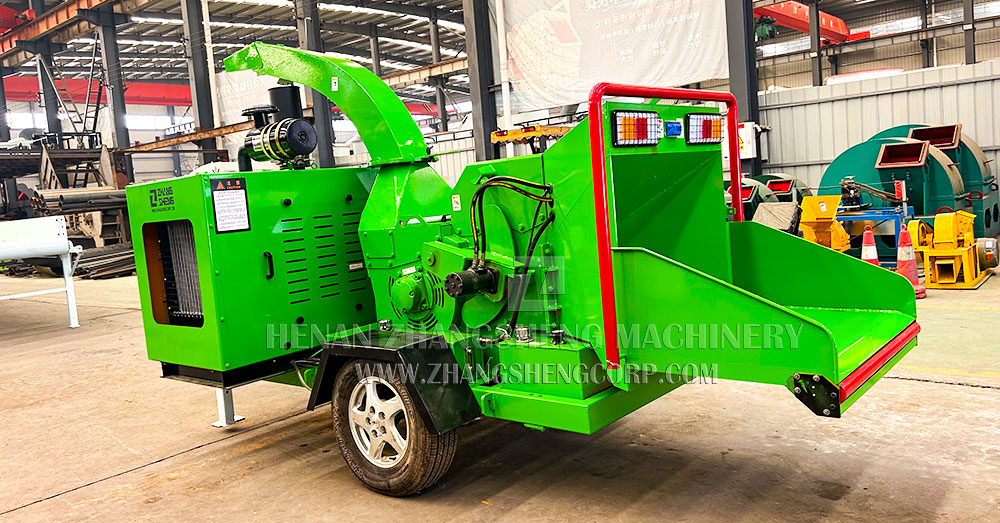Selecting the right wood chipper involves understanding several key features that impact performance and usability.
Chipping Capacity
One of the most critical specifications is the chipper’s chipping capacity, which refers to the maximum diameter of wood that the machine can handle. Different models cater to various needs, from small residential chippers that process branches up to 3-4 inches in diameter to commercial-grade models capable of tackling much larger materials. Assessing your typical workload will help you choose a chipper that aligns with the size of the wood you plan to chip.
Blade Type
The type of blades used in a wood chipper significantly affects its efficiency and cutting performance. Look for machines equipped with high-quality, durable blades that can withstand frequent use. Some chippers feature reversible blades, allowing operators to flip them over for extended life and optimal cutting efficiency. Investing in a machine with a reliable blade design can save time and reduce maintenance costs in the long run.

Feed Mechanism
The feed mechanism determines how wood is introduced into the chipper. Gravity feed systems rely on the weight of the wood to pull it into the machine, while hydraulic feed systems automatically pull materials in, enhancing speed and reducing the risk of jams. Hydraulic feed systems are often more efficient and safer, especially when dealing with larger or denser materials. Choosing the right feed mechanism can improve productivity and ease of use.
Portability
If you plan to move the chipper between locations frequently, consider its portability. Weight and design features such as wheels or tow bars significantly affect ease of transport. Some models are specifically designed for portability, with compact frames that facilitate easy movement. Evaluating how often you’ll need to transport the machine will help you select a model that fits your mobility needs.
Noise Level
Noise is an important consideration, especially in residential areas or places with noise restrictions. Electric wood chippers are generally quieter than gas-powered models, making them more suitable for urban environments. However, even within gas-powered options, some designs prioritize noise reduction. Understanding the noise level of a chipper can help you choose a machine that complies with local regulations and minimizes disturbances.


